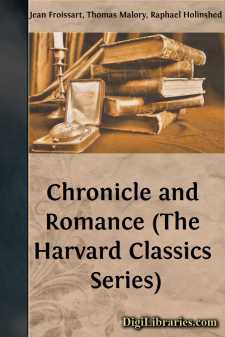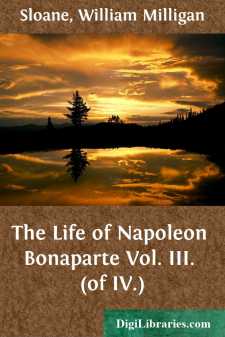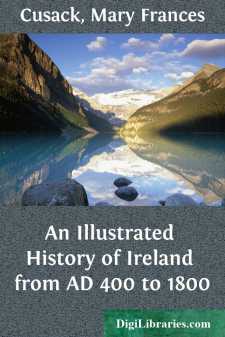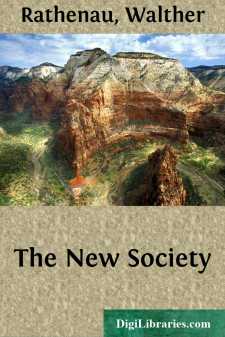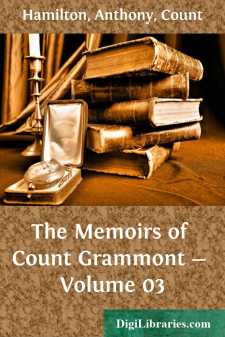History
- Africa 30
- Americas (North Central South West Indies) 50
- Ancient 68
- Asia 58
- Australia & New Zealand 8
- Canada 41
- Caribbean & West Indies 1
- Civilization 20
- Eastern Europe 12
- Europe
- Expeditions & Discoveries 60
- General 77
- Historical Geography 1
- Jewish 9
- Latin America 3
- Medieval 8
- Middle East 14
- Military 248
- Revolutionary 8
- Study & Teaching 5
- United States 353
- Western Europe 56
- World 13
Europe Books
Sort by:
by:
Anthony Hamilton
FUNNY ADVENTURE OF THE CHAPLAIN POUSSATIN—THE STORY OF THE SIEGE OF LERIDA—MARRIAGE OF THE DUKE OF YORK, AND OTHER DETAILS ABOUT THE ENGLISH COURT. "Sir," said the Chevalier de Grammont, "the Prince de Conde besieged Lerida: the place in itself was nothing; but Don Gregorio Brice who defended it, was something. He was one of those Spaniards of the old stamp, as valiant as the Cid, as...
more...
PREFACE. The following pages may truthfully be said to be the result of labours, extending over many years, and of researches in directions too many to tell. Born within almost a mile of Horncastle, and only by a few months escaping being born in it, since his father, on first coming to the neighbourhood, resided for a time in Horncastle, the author, from his earliest years (except for periodical...
more...
ORIGINAL PREFACE. Our Author, John Francis Paul de Gondi, Cardinal de Retz, Sovereign of Commercy, Prince of Euville, second Archbishop of Paris, Abbot of Saint Denis in France, was born at Montmirail, in Brie, in October, 1614. His father was Philippe Emanuel de Gondi, Comte, de Joigni, General of the Galleys of France and Knight of the King's Orders; and his mother was Frances Marguerite,...
more...
INTRODUCTORY NOTE Jean Froissart, the most representative of the chroniclers of the later Middle Ages, was born at Valenciennes in 1337. The Chronicle which, more than his poetry, has kept his fame alive, was undertaken when he was only twenty; the first book was written in its earliest form by 1369; and he kept revising and enlarging the work to the end of his life. In 1361 he went to England, entered...
more...
CHAPTER I. War With Russia: Pultusk. Poland and the Poles — The Seat of War — Change in the Character of Napoleon's Army — The Battle of Pultusk — Discontent in the Grand Army — Homesickness of the French — Napoleon's Generals — His Measures of Reorganization — Weakness of the Russians — The Ability of Bennigsen — Failure of the Russian Manœuvers — Napoleon in Warsaw....
more...
CHAPTER I THE FOUNDATIONS OF ENGLAND 55 B.C.—A.D. 1066 "Ah, well," an American visitor is said to have soliloquized on the site of the battle of Hastings, "it is but a little island, and it has often been conquered." We have in these few pages to trace the evolution of a great empire, which has often conquered others, out of the little island which was often conquered itself. The mere...
more...
CHAPTER I Celtic Literature—Antiquity of our Annals—Moore—How we should estimate Tradition—The Materials for Irish History—List of the Lost Books—The Cuilmenn—The Saltair of Tara, &c.—The Saltair of Cashel—Important MSS. preserved in Trinity College—By the Royal Irish Academy—In Belgium. he study of Celtic literature, which is daily becoming of increased importance to the...
more...
by:
Walther Rathenau
THE NEW SOCIETY Is there any sign or criterion by which we can tell that a human society has been completely socialized? There is one and one only: it is when no one can have an income without working for it. That is the sign of Socialism; but it is not the goal. In itself it is not decisive. If every one had enough to live on, it would not matter for what he received money or goods, or even whether he...
more...
by:
Henry R. Plomer
EDITOR'S PREFACE hen Mr. Plomer consented at my request to write a short history of English printing which should stop neither at the end of the fifteenth century, nor at the end of the sixteenth century, nor at 1640, but should come down, as best it could, to our own day, we were not without apprehensions that the task might prove one of some difficulty. How difficult it would be we had certainly...
more...
by:
Anthony Hamilton
HIS ARRIVAL AT THE ENGLISH COURT —THE VARIOUS PERSONAGES OF THIS COURT Curiosity to see a man equally famous for his crimes and his elevation, had once before induced the Chevalier de Grammont to visit England. Reasons of state assume great privileges. Whatever appears advantageous is lawful, and every thing that is necessary is honourable in politics. While the King of England sought the protection...
more...


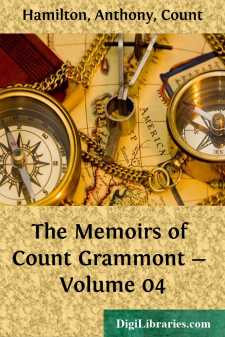
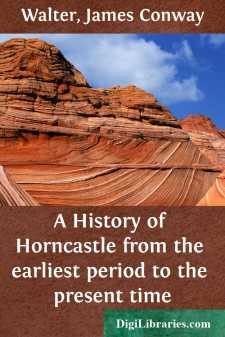
![The Memoirs of Cardinal de Retz - Complete [Historic court memoirs]](https://digilibraries-com.s3.eu-central-1.amazonaws.com/covers/12ec7622-5676-446d-88a4-e60a3d03ce34.jpg)
